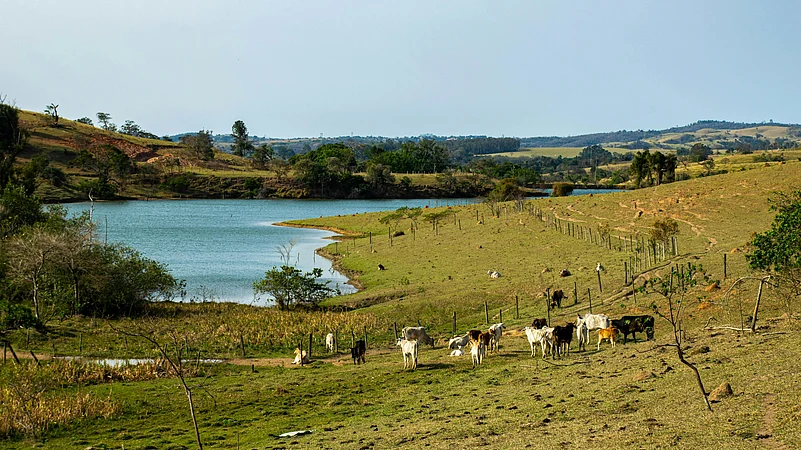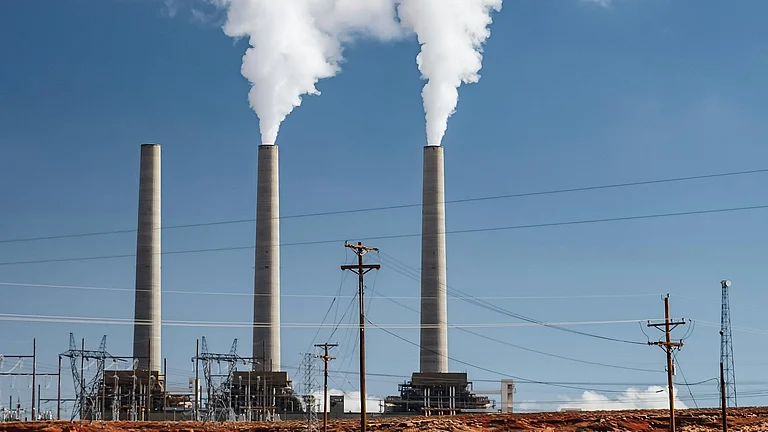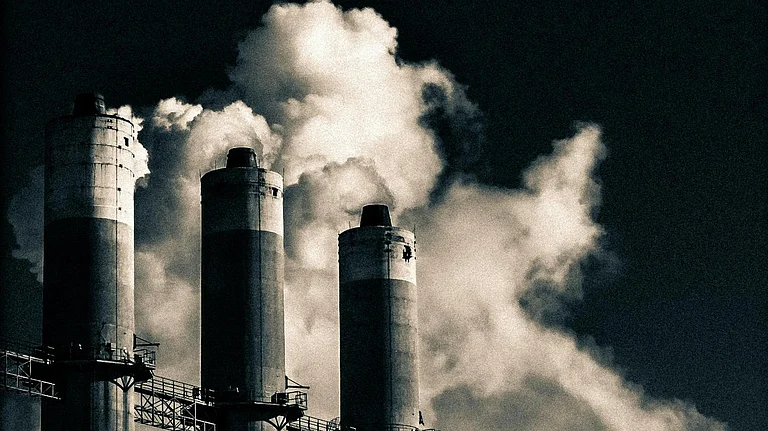
The world's largest meat supplier, JBS, aims to present research at COP30 showing Brazilian cattle farming captures carbon and cuts methane emissions.
The meat giant critiques current carbon accounting models as unfair to tropical regions like Brazil with different agricultural practices.
Feed additives like Silva Feed BX could reduce methane by 17%, helping Brazil promote low-carbon livestock production.
The world’s largest meat supplier aims to improve Brazil’s image at this year’s COP30 by showing that, contrary to popular belief, the country’s cattle are not damaging to the environment.
JBS is working with the University of Kansas to show that Brazil’s cattle production helps capture greenhouse gases— countering growing concerns over methane emissions. The company plans to showcase these findings at COP30, the world’s most important climate conference.
Challenging Emission Accounting Standards
The current method of calculating carbon emissions is flawed, JBS Chief Executive Officer Gilberto Tomazoni said at an event in São Paulo. Based on European guidelines suited for temperate climates, the model considers only emissions and not the gases captured during the whole production process, he told Bloomberg.
“Let’s do the math the other way around,” Tomazoni said, by calculating how much carbon is captured and seeing that waste does not contaminate the soil. “On the contrary, it helps make the soil healthier, reducing imports of fertilisers from Russia and Morocco and the use of pesticides,” Tomazoni added.
Tomazoni also criticised trade restrictions based on such standards, saying they unfairly prevent Brazilian products from entering European markets. Some Brazilian agribusiness institutions and companies support this view, arguing that the country’s tropical climate and local cattle production systems require different outcomes from other emissions assessment methods and need to be taken into account, Bloomberg reported.
However, the cattle ranching industry in Brazil has also faced criticism for its role in deforestation, a major environmental concern.
To counter that, JBS plans to present concrete examples of carbon capture during COP30. One of them is Fazenda Roncador, which has more than 70,000 cattle and data of greenhouse gas emissions and capture from the last 10 years validated by Brazil’s state-owned agricultural research company Embrapa.
The University of Kansas was brought in to do similar research, in order to provide validation from a non-Brazilian institution, Tomazoni said.
A study conducted by Institute of Zootechny (IZ) of São Paulo concluded that the use of the feed additive based on mixture of tannins and saponins, Silva Feed BX, reduces enteric methane emissions by up to 17% for confined beef cattle. The measurement methodology developed in the study will allow JBS and other companies in the sector to record the reduction in emissions in their GHG balance sheets in the future, promoting low-carbon livestock farming in Brazil.
“JBS has supported the development of several studies into the use of feed additives, including the use of tannins in feed for confined cattle. Not only the company is interested in this technology, but the entire livestock industry, since the availability of these solutions to entire production chain will contribute to the promotion of low-carbon livestock farming in Brazil,” Fabio Dias, Director of Livestock at Friboi and leader of Regenerative Agriculture at JBS Brazil told Bloomberg Línea.

































